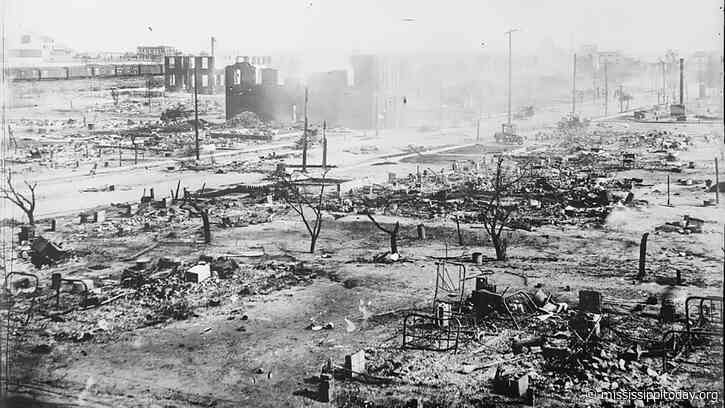


Blackstone’s appeal to a statute’s rationale and spirit has been linked to the mischief rule, as have Hart-and-Sacks-style purposivism and the mischief rule. The primary reason for this is that the intent of a statute is to address a problem that arose. Under the mischief rule, interpreters must read a piece of legislation that is motivated by malicious or evil intent. Because mischief is a concept that originated with the law’s goal, it is based on the concept of mischief or evil. Furthermore, they contend that the rule is inconsistent and leads to inconsistent outcomes. Seemingly, these commentators believe that the mischief rule is based on outdated notions of property rights and is incompatible with current law. A number of commentators have recently criticized the mischief rule, arguing that it is an outdated rule that should be replaced by a purposivist interpretation of the law. The mischief rule has been used in several statutes, most notably the Clean Water Act, which prohibits property destruction or interference with the lawful use of property. The destructive action of willfully, wanton, or recklessly damaging another person’s property.Īs a result, it should come as no surprise that the mischief rule has frequently been used in the context of environmental law.

Malicious mischief is defined as the intentional damage of another’s property without first coming within the scope of the preceding chapter.Ī person who intentionally damages another person’s property faces three counts: (1) That the intentional damage is not an arson or other crime involving destruction, (2) that the intentional damage is committed solely for the purpose of causing damage, and (3) that such acts are not What Does The Word Malicious Mischief Mean? When someone makes malicious contact with another person. Malicious mischief is committed by a person who willfully damages the property of another in a malicious manner. If you are found to be malicious in nature, you will be charged with malicious mutiny. Malicious mischief can also be charged as a hate crime if the act was motivated by bias or prejudice. It is a type of vandalism and can be either a felony or a misdemeanor, depending on the value of the property damaged. In business law, malicious mischief is the intentional and malicious destruction of another’s property.


 0 kommentar(er)
0 kommentar(er)
